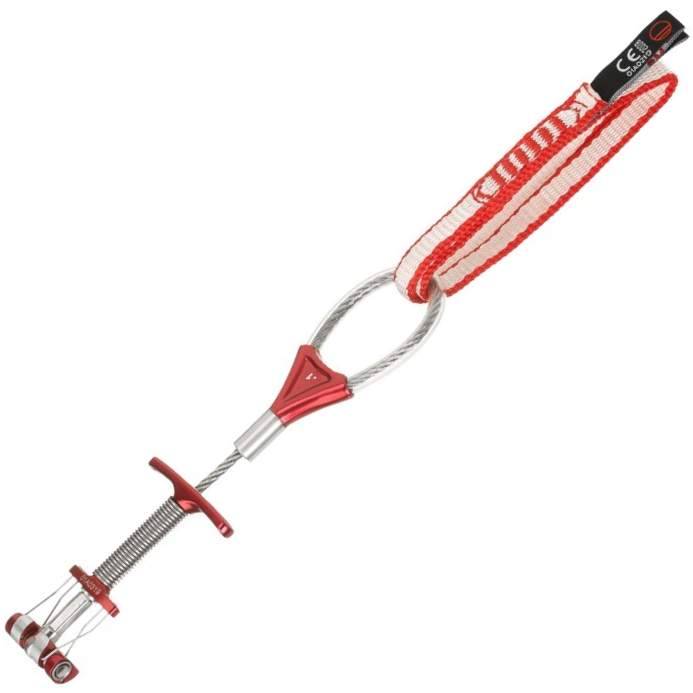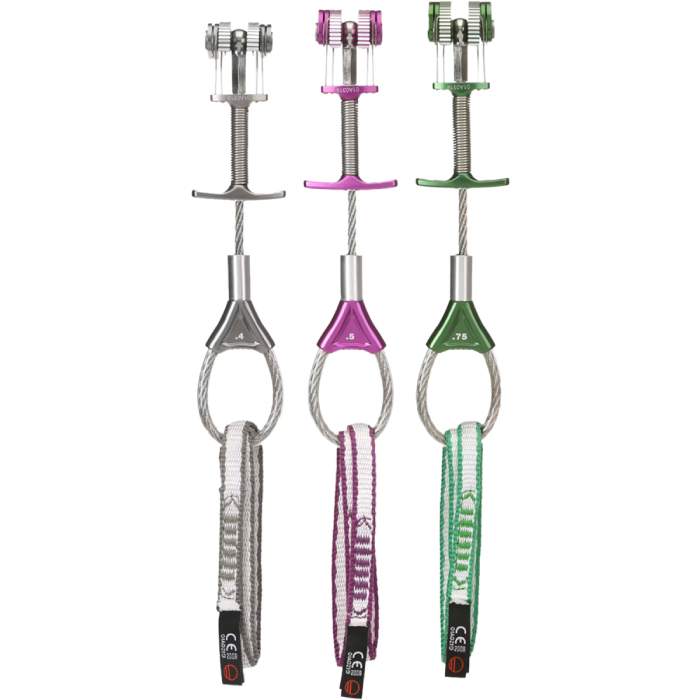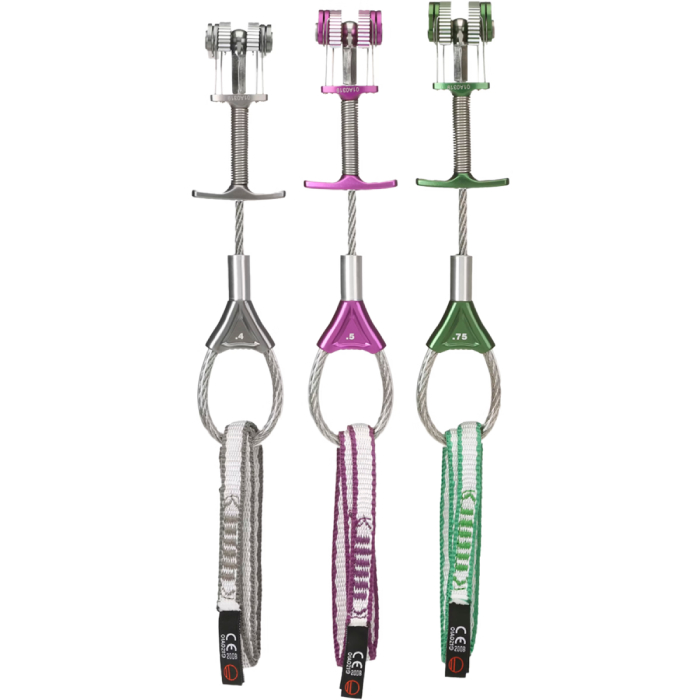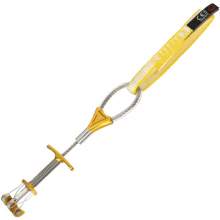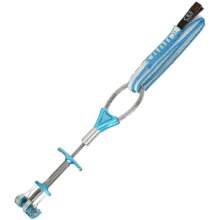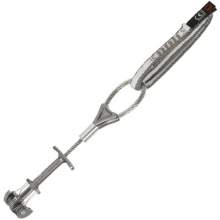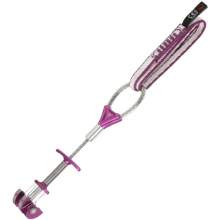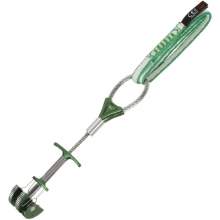The UIAA equipment standard provides a baseline for equipment performance in a test lab under controlled conditions on new equipment. Although these test conditions are relevant to the conditions encountered climbing, conditions encountered at the crags and the condition of the equipment are equally important. This recommendation from the UIAA member federation The British Mountaineering Council (BMC) provides vital equipment information that is NOT explicitly addressed in the standard, particularly failure modes of the equipment and recommendations for the use, inspection, maintenance, and retirement of equipment.
Zero Friend 0.1
Description
Introducing the new Zeros for solid holding power in small placements. The ultimate weapon for thin cracks, pockets or pin scars on cutting-edge climbs and extreme adventures.
- Narrow Head
- High-Friction Machined Cam Faces
- Stem Protection With Spring
- Armoured Metal Plates
- Effective Flexible Stem
- Ergonomic Floating Trigger Design
- Strong Lightweight Design
- Ergonomic Thumb Loop
Retail price
When you click a link below and then checkout online, no matter what you buy (climbing gear or not), we get a small commission that helps us keep this site up-to-date. Thanks!
Weight (g / oz)  Weight (g / oz)In grams and ounces, the weight, as stated by the manufacturer/brand. | 49.0 g / 1.73 oz |
| Cam Head | 4 lobes, single axle |
| Offset | No offset |
| Stem | Flexible single stem |
| Sling | x10 mm Dyneema (double sling loop) |
| Camming Angle | 17.60° (angle is consistent throughout) |
| Active Strength | 5 kN |
Cam Range (mm / in)  Cam Range (mm / in)In millimeters and inches, the maximum dimensions of the cam lobes when shut tight and fully extended. Since the "usable" range is so debatable, all manufacturers now list the full dimensions to avoid selling themselves short. For offset cams, we'll list the max dimensions possible and then afterwards list each of lobe dimensions. | 8.5 - 13.2 mm (0.33 - 0.52 in) |
| Materials | |
| Certification | CE, EN |
No reviews yet.
Unlike some competitors which use plastic to save weight, the trigger, cable sleeve and, well, everything is metal on the Zeros except the tube housing the cable where the sling attaches. Across a set, they are not the lightest cams on the market (on average 6-8 grams heavier than some of the lightest), nor the heaviest (can be 20 grams lighter than others), but somewhere in the middle. Lighter is not better, y’all. As with most cams, the range doesn’t easily stack up tit for tat, but, for instance, when set against the BD Z4s, because the Zeros are single axle, the range is a tad less; but again, it depends, since the BD .75’s range is .91-1.66 inches, whereas the Zero range is 1-1.58, yet for the .1, the two brands have essentially the same range.
The Wild Country Zero Friends are, in our opinion, the best version of the "Alien" style camming devices, which include a long trigger sheath and cam springs recessed inside the lobes. They match up sizes and colors to many other popular small cams, so are easy to integrate into the rack, and have a nice wide range that makes them easy to place. We think they are ideal for free climbing, and would be a worthy addition to almost any traditional climber's rack.
If you know of a good product video that should be here, let us know, and we'll put it up.
If you're looking for gear videos in general, check out our Vimeo and YouTube channels to see the newest gear.
A pictoral representation of the UIAA-125 and EN-12276 standards for frictional anchors (which includes SLCD's [cams] and Ballnuts).

